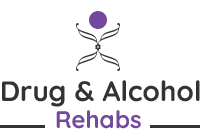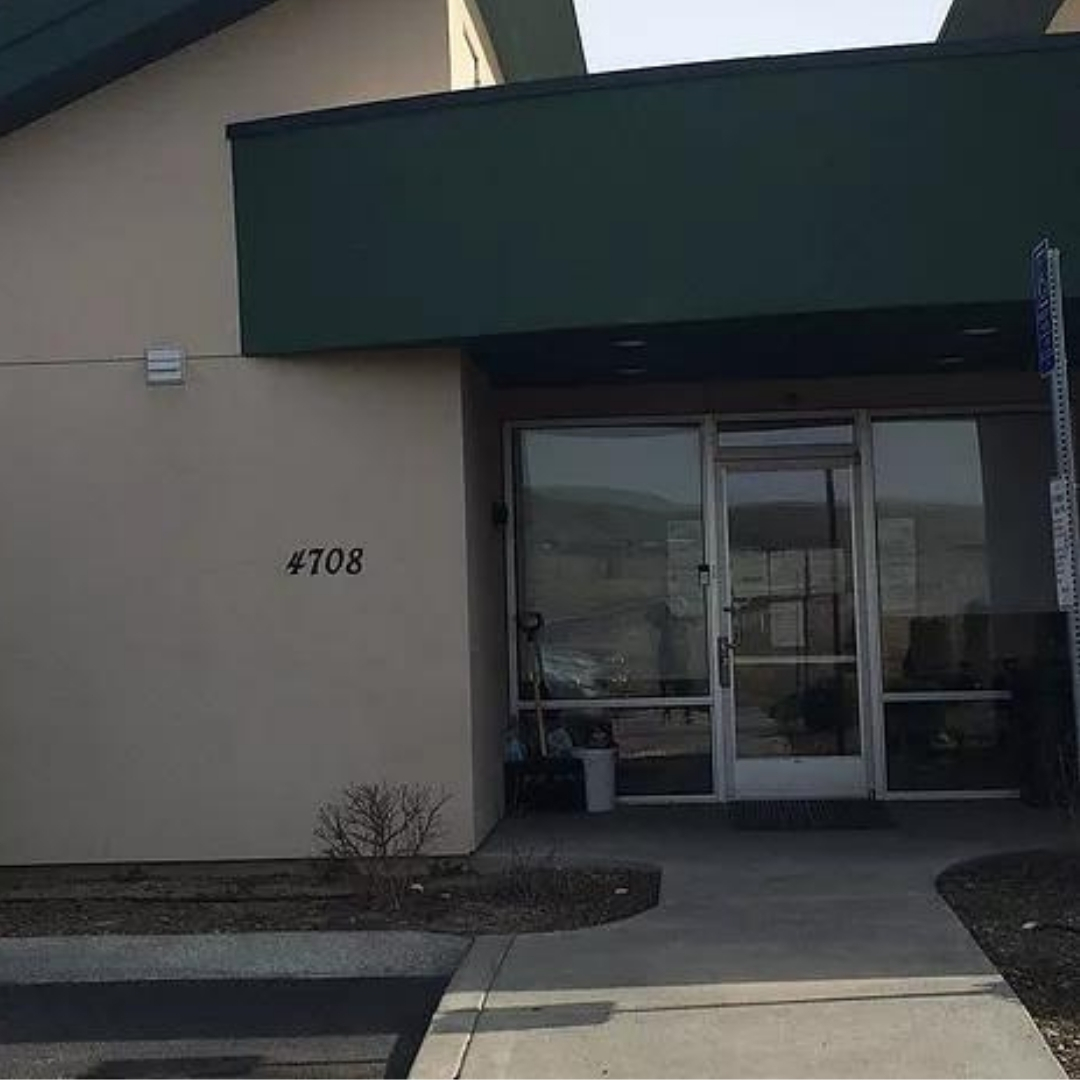More About Oregon Trail Recovery
Oregon Trail Recovery in Milwaukie, OR offers partial hospitalization and outpatient programs to aid the transition to everyday life. Before any of these programs commence, the recovering individual must make a verbal commitment of at least three months. Recovery programs at Oregon Trail Recovery Treatment Center may last up to six months. That’s why clients must consent to treatment plans for the initial 90 days. The second 90-day program is dependent on the success of the first and the clinical improvement of the client. The partial hospitalization and intensive outpatient programs allow clients to experience a complete continuum of care beyond detox. Also, accountability to recovery is ensured through group therapies and focused counseling. Recovering individuals can successfully reintegrate work, school, and other responsibilities through the assistance provided at the center.
Treatment programs at Oregon Trail Recovery are co-ed or separated by gender. There are unique challenges encountered by both genders, which might disable holistic recovery. For example, men commonly feel uncomfortable with vulnerability during therapy or become too embarrassed to ask for help. Some women may prefer a supportive atmosphere for recovery with other women rather than one inclusive of men. Thus, the option to select a program that suits them best is made available to prospective clients.
Treatment programs at Oregon Trail Recovery provided include individual and group counseling, 12-step meetings, and vocational and educational assistance. Psychological modules comprising various therapies like cognitive-behavioral therapy, dialectical behavioral therapy, and motivational interviewing are also offered. These services aim to help clients identify what compels their addiction and ways to avoid them. Recovering individuals are also enlightened on relapse prevention skills and taught coping mechanisms to handle cravings. At Oregon Trail Recovery Center, much emphasis is placed on maintaining physical fitness to sponsor positive mental health. Furthermore, clients are encouraged to work, continue schooling, or engage in community development to dissuade idleness that may foster relapse.




